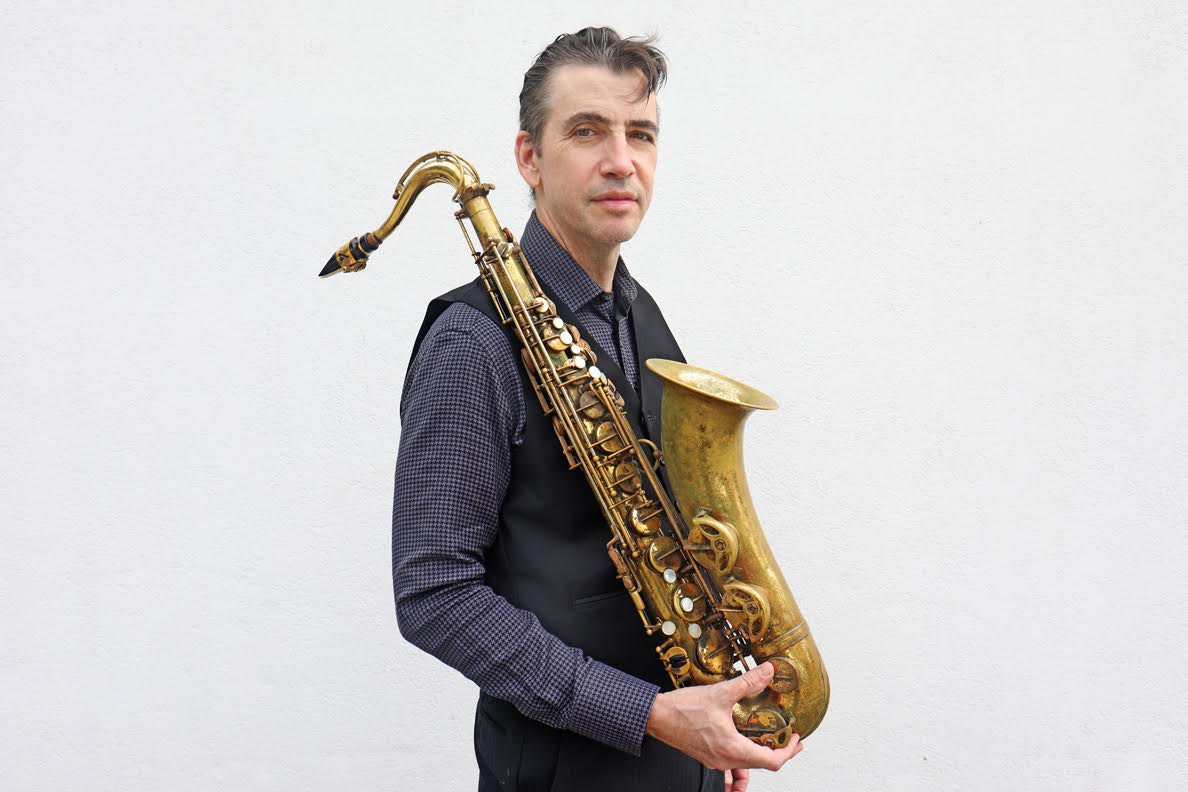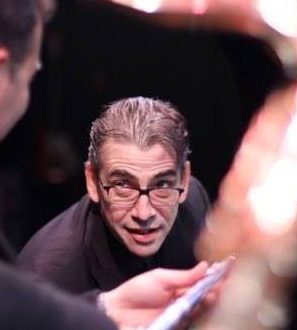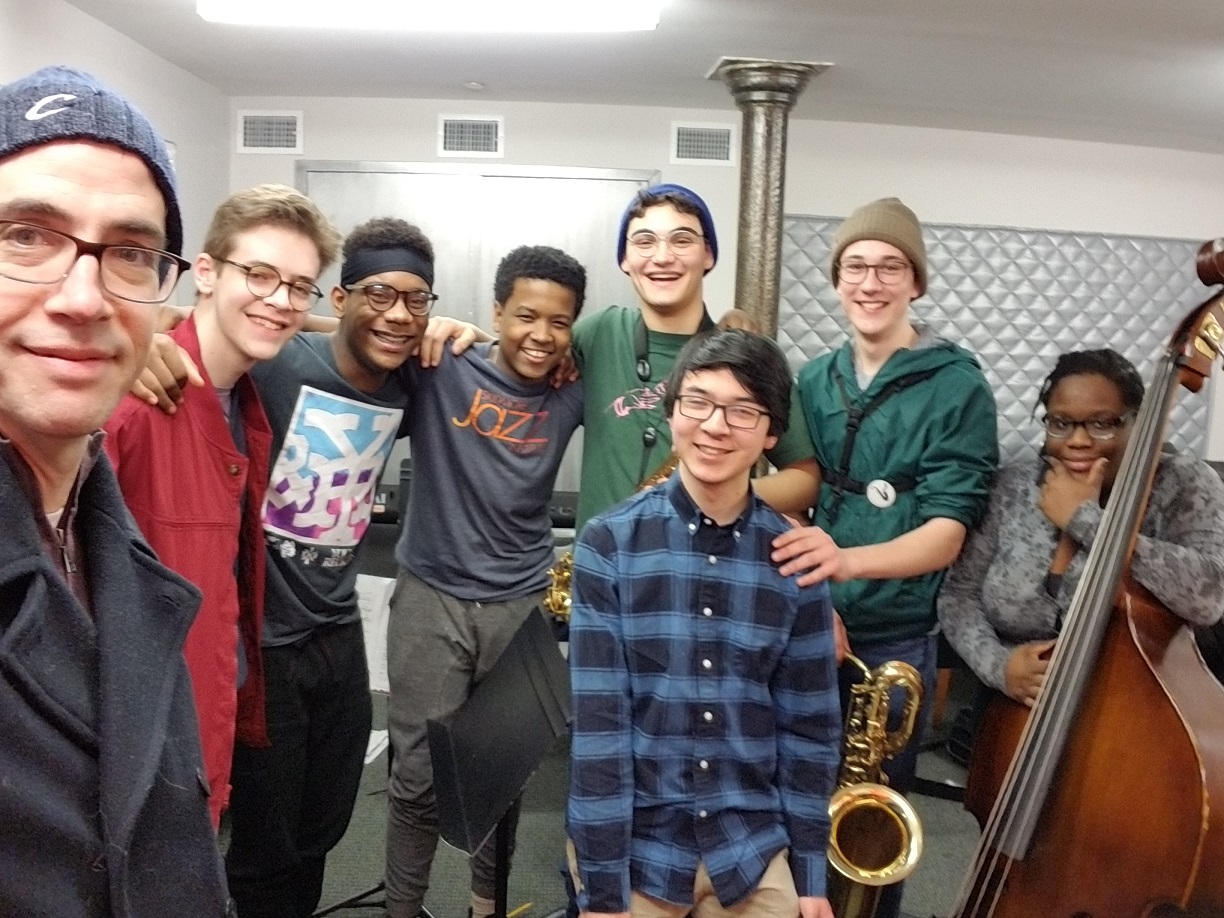In light of our current state of isolation due to Covid-19. A lot of us are having more time to practice. Here is my recent YouTube post about 5 elements around which you can organize your daily practice. This is directed primarily towards improvising saxophonists, but will hopefully be useful for all musicians. Take a listen!
Jazz Education
Peter Lin Interview
Peter Lin is an exceptional trombonist and budding entrepreneur. Since he came on the scene over a decade ago as a student at William Paterson he has distinguished himself as a forward thinking contributor to the jazz community. I was so honored that he asked to interview me as part of his jazz business series produced by his company, Yardbird Suite Entertainment.
This was done on March 10th, just a few days before we all went into isolation because of Covid -19. The last segment about “Mike’s perfect day” is a little too prophetic. I didn’t mean like this! This interview was a long one. We’ve known each other for so long, there was so much to talk about and Peter let me talk! I was surprised with what came out of my own mouth. The interview is indexed so you can bounce around to topics that interest you (See below the video). Enjoy.
How “Vibing” Works at a Jam Session
One of the most common complaints I hear about jam sessions is that someone was “vibed” or someone was “vibing.” That is to say, people feel that they were unduly judged or spurned by the leaders or co-participants of the jam session. Everyone has a story. It’s an epidemic – or so it would seem. “Vibing” is discussed as a reality. “I WAS VIBED” is declared as if it were a measurable, provable condition, which has a specific and objectively defined set of criteria that had been assessed by an omniscient committee of accomplished yet compassionate observers who passed along their findings to the “victim” of said vibing so that these victims could declare the injustice to the world. A more reasonable understanding of the phenomenon of being “vibed” only means that a participant wasn’t received in the manner in which he/she feels is appropriate based on his/her own estimation of his/her own abilities and status. The “reception” they are looking for can include the immediacy of their invitation to play by the session host, the players they are paired with, the crowd response at the conclusion of their solo, or the enthusiasm of the other musicians to meet them and exchange contact information. But the interpretation of these criteria is very difficult to quantify.
As a young musician attending jam sessions back in the day, I was frequently disappointed with the reception I received. And it was tempting to claim I was the victim of “vibing” but I found it much more tempting to regroup and return to a situation better prepared to receive the type of reception I wanted. My move to New York from the midwest as a young musician was a real eye opener. In my hometown, I was used to a certain reception at jam sessions. It was a big-fish/small-pond situation. Once in New York, the (seeming) complete indifference to my performances was hard to take. But perseverance paid off and eventually I became part of the jam session scene. Then I started to get work based on the networking that would take place at jams. This process was painful at times but ultimately rewarding.
My message in writing this post is this: stop assessing whether or not you receive the accolades you deserve. This is a fruitless activity for two reasons: 1) you can’t objectively assess your performance and 2) you can’t objectively assess your reception. So rather than kvetch about the “vibe,” be the vibe you seek. Bring the joy and energy with whomever you are paired; be a joyful listener; become familiar with the repertoire that is being performed; bring a sense of community and sharing and enjoy the reward of playing the greatest music in the world. Remember that frequency breeds fellowship and a sense of belonging to a scene bigger than yourself. Be a regular. Your presence can sway the session towards your vision.
How Did “Licks” Become a Four Letter Word?
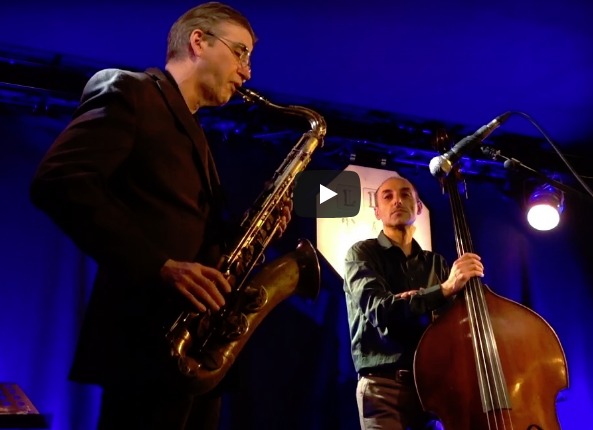
The advent of social media has allowed me to witness the re-emergence of the phenomena of “lick” haters. “Licks” are short worked out melodies that musicians use in their improvised solos. The complaint against licks, I think, boils down to musicians sounding uninspired and clinical because their improvisations sound like exercises and don’t illicit a sense of freedom and spontaneity that true art requires. The conventional wisdom is that learning licks leads to this kind of performance. But I couldn’t disagree more.
Great news! This article was just published at bestsaxophonewebsiteever. Read the whole article below:
Practicing!
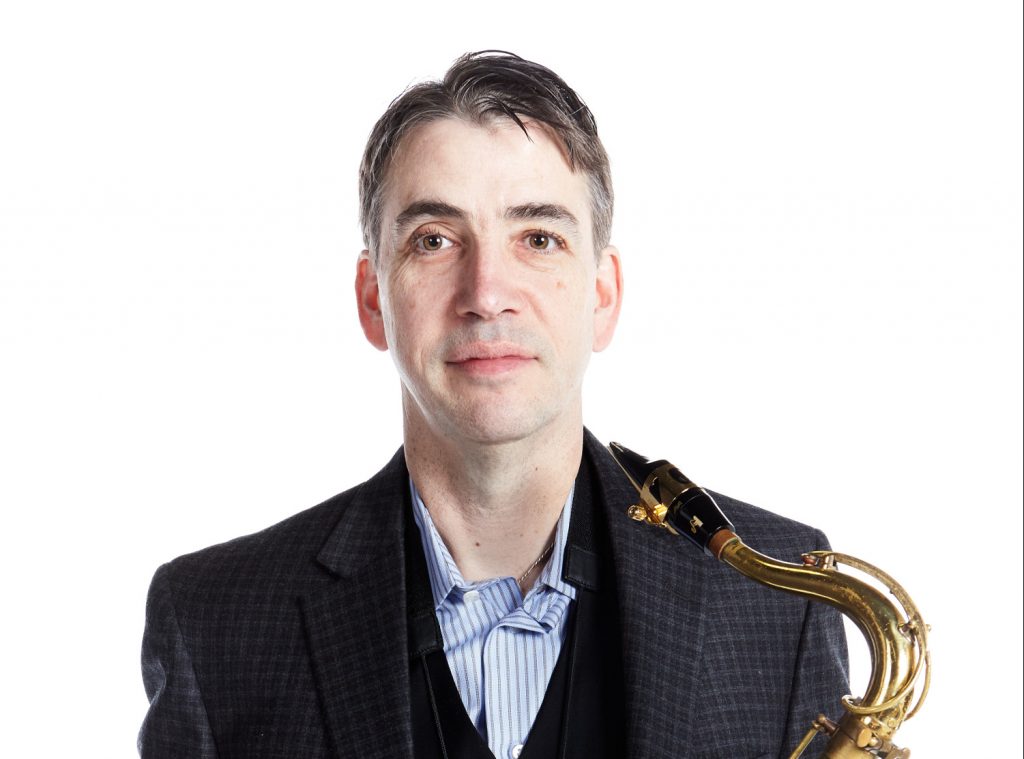
Let’s just get this out there: I love practicing. Sometimes to a fault. By now I think that most people have caught on that practicing isn’t just something for young musicians, but a it is part of our journey throughout life.
I noticed last week that I had a Saturday night off. Checking my date book, it was the first time since September that I had a Saturday off. I’ve been busy playing improvisational music with wonderful musicians for several months. That’s great and I wouldn’t ever complain about that situation. But having a few weeks off here is so welcomed because I find myself back to my favorite way to practice, which is just for my long term improvement and not shedding – or worse – “cramming” for an upcoming gig. I’ve played and studied so much music in the past couple of months and I’m drawing from that to infuse my improvisations with new discoveries and melodies that have come into my awareness. The end of March brings in another stretch of several months of gigs and I’m working hard now to raise my overall level and add to my musical arsenal so my long time bandmates and fans have new material to hear.
Jazz House Ambassadors Win Mingus Competition!
For the last three years I have been lucky enough to bring the Jazz House Kids Ambassadors combo to the prestigious Charles Mingus competition. Through this process, my love of Charles Mingus’ music has grown exponentially as I study it more deeply to teach it to the members of the group. The event itself allows our students to gain more insight into the music by getting instruction and feedback from the members of the Mingus Big Band. There are panel discussions for us directors in which we gain further insight into the compositions and the genius of Mingus.
On the day of the competition, this past Sunday, we performed “Reincarnation of a Lovebird”, “Portrait”, and “Peggy’s Blue Skylight”. And low and behold they won their category. To make the day complete, our Jazz House Kids Big Band under the direction of Abraham Burton won as well!
View the Jazz House Kids performance below:
Morning Cup of Bird
 Daily habits. It’s a well worn notion that our daily activities determine what we accomplish and who we become. Count me among those that believe talent is over-rated and hard work is underappreciated. And even though I know this, it still is surprising and seems somewhat miraculous that an activity practiced twenty minutes a day over the course of a month or two can change my daily experience drastically. I find this true in everything from how I get along with my kids, to how I deal with stress, to the way my body looks and feels, but most importantly in my chosen career. As a musician, 20 minutes a day on a particular skill can change the way we are perceived in our field and 2 hours a day can change the whole arc of our career. This week I am preparing for my fall season of practicing and teaching by reinvesting in the study of arguably the greatest improvising musician in history, Charlie Parker.
Daily habits. It’s a well worn notion that our daily activities determine what we accomplish and who we become. Count me among those that believe talent is over-rated and hard work is underappreciated. And even though I know this, it still is surprising and seems somewhat miraculous that an activity practiced twenty minutes a day over the course of a month or two can change my daily experience drastically. I find this true in everything from how I get along with my kids, to how I deal with stress, to the way my body looks and feels, but most importantly in my chosen career. As a musician, 20 minutes a day on a particular skill can change the way we are perceived in our field and 2 hours a day can change the whole arc of our career. This week I am preparing for my fall season of practicing and teaching by reinvesting in the study of arguably the greatest improvising musician in history, Charlie Parker.
I was recently flipping through some old practice charts – I’ve always liked documenting my daily practice. I remember a time in the not too distant past when I was practicing playing through several “Bird” solos daily as part of my warm-up. So I was interested when I came across the practice chart in which I recorded this daily activity. I was a little alarmed when I saw the date of these entries – 2011. 2011?!!! I had the notion that this period in my development was much more recent. Then I remembered the impetus for this practice. It came about twelve years ago from a friend who is one of the great improvising voices on the scene today, who, while giving me a much appreciated compliment, suggested I learn some improvised solos of master jazz musicians. It was a comment that I had trouble processing. The compliment was juxtaposed with an apparent assumption that I hadn’t already learned many such solos, but I had. The realization that a musician whom I greatly respected did not hear in my playing that I had done transcription work for years was a wake up call to say the least. But rather than get offended, I asked myself how many solos I could play from memory at that moment. The answer was approximately zero. It honestly had been years since I had done extensive transcription work on my own. And that work was devoid of what I now know is an essential element in the transcription process: to imprint the solo permanently into our working repertoire. Heretofore I had always considered transcription important because it was a way to gather language in small chunks – a phrase or a lick here or there, to consciously adopt the vibrato, articulation, swing feel, and other sonic elements of the artist being transcribed, and to develop technique in general. But being responsible for knowing all these masterpiece solos by heart? That seemed a little out of my reach.
I know there are musicians with perfect pitch and/or tremendous musical recall who learn solos permanently on their first attempt. That just isn’t me. I had to learn to apply my daily habits and high level of discipline to replicate the mastery that some musicians have gained over the material with (apparently) much less work. And the answer is repetition. Play something from memory every day for a month or several months on end until it because as familiar to you as your favorite song. This process takes all the advantages of transcription and multiplies it by 1000. After a year of more disciplined transcription, the reception I received as a musician changed drastically. I have had the great fortune in the past few years of being hired by some of my heros. They hear musical detail that was lost to me until I started taking transcription to this next level. Improvising musicians who seek to make their own mark within the umbrella of jazz music must learn their repertoire so thoroughly that it oozes out of them spontaneously as their own. Having Charlie Parker’s language so completely under you fingers is like an author having all the great writing of Shakespeare, or Dostoevsky completely accessible throughout their writing process.
The goal for this next two weeks is to refresh about ten important Bird solos to the point where I can play through them up to tempo. This will entail a lot of work. But once accomplished, the practice of playing through these ten solos will probably take less than twenty minutes. Then the goal will be to play them everyday first thing in the morning like a cup of coffee. I plan to continue this daily through the end of the year. I hope my students are ready to be all about Charlie Parker this fall.
Here is my playlist if you’re interested:

